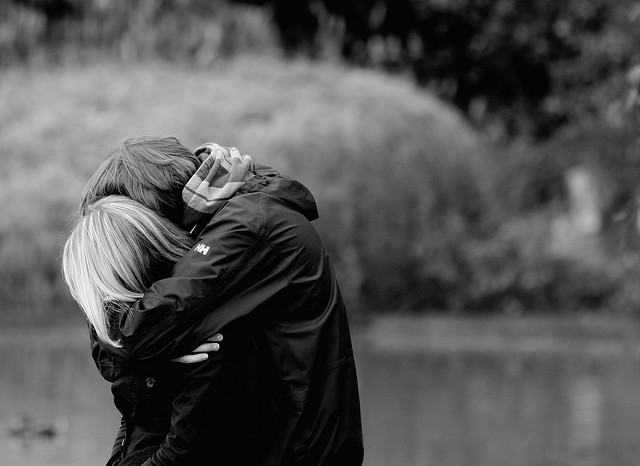More than 2500 people died due to suicide in 2012. According to the latest ABS report on causes of death in Australia, this is the highest number in the past ten years.
So why then is the sun setting for so many in the land of the rising sun?
A common misconception is that all those who take their own lives suffer from mental health issues. Up to 15% of people seriously affected by mental illness eventually die by suicide (compared to an approximate figure of 1% for the whole population), according to SANE Australia’s website.
Chris Wagner, Director of Communications at the Mental Health Council of Australia, told Catalyst suicide is a response to a crisis point where the person in question wishes to escape unbearable pain.
“You couldn’t say everyone with depression is mentally unwell and unable to consider rational behaviour,” he said. “Generally, if someone’s at the point of absolute crisis, their behaviour—which includes behaviour to take one’s own life—is completely irrational.”
Whether one suffers from mental health issues or not, one thing those who complete suicide share in common is how they feel. Paul Morgan, Director of Communications at SANE Australia, says people often feel like there is “no other option”.
“People feel like they’re in a box and can’t see a way out,” he said. “The only way to get out is to take their life.”
Then there is the way the media reports on suicide.
“One big thing the media can do is stop giving exact details of how someone took their life,” Morgan told Catalyst. “For people that are vulnerable, it can act as a ‘how-to’.”
Take the case of Choi Jin-Sil, a leading South Korean actress who took her life in 2008. The way her suicide was reported was glamorised, resulting in a 70% spike in the number of suicides in the three months following her death.
“Talk about the horror of the action and the activity, rather than glamorising it,” urged Wagner.
Another thing that needs to be avoided is stigmatising those who are mentally unwell. Wagner says you should not say “commit” when talking about suicide as the act has no connection to religion.
“It’s not a sin to take your own life anymore,” he said. “Say completed or attempted.”
Dr Chi Kin Law, Senior Research Fellow at Australian Institute for Suicide Research and Prevention, said more needs to be done to make sure those who are mentally unwell have a strong support network.
“These people are still part of our own society,” he said. “We should pay more attention to them, and not make them feel they’re a burden.”
Don Ritchie was a man who resided near The Gap, a notorious cliff in Sydney. Since l964, Don saved at least 160 lives by talking people out of jumping off the cliff. He was awarded the Medal of the Order of Australia in 2006 for his efforts, and when asked about his work, he said: “You can’t just sit there and watch them.”
Wagner says you can help someone during their time of need by being a friend or showing that you care.
“Go and call Lifeline,” he said. “If they don’t answer, call another service. Go with them to make an appointment with their GP. Commit yourself to being a person who will help them the whole way through.”
If you feel you need to speak to someone, please call Lifeline on 13 11 14 or the SANE Australia Helpline on 1800 18 SANE (7263). Alternatively, visit www.sane.org. For young people 5-25 years, please visit headspace: www.headspace.org.au.
By Rushani Epa
Photograph via Flickr.


